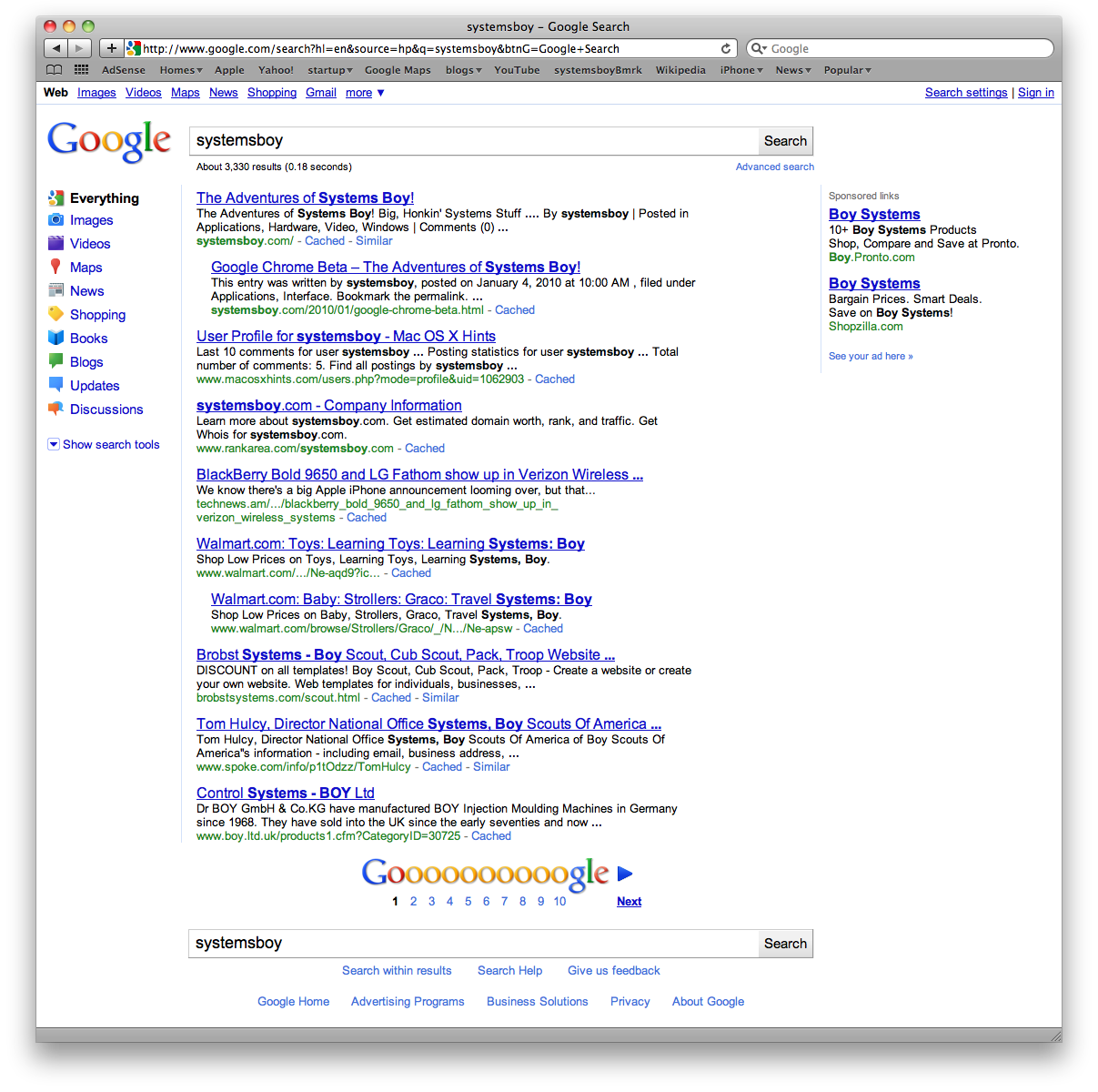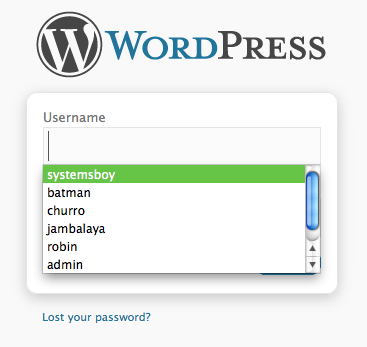The whole Apple vs. Adobe thing is fascinating to me. The fact that Steve Jobs has now personally and publicly written on the matter highlights what a big deal it is. And now the Free Software Foundation has responded with a missive on open software.
For my part I largely agree with Jobs' take and feel that the FSF response pretty much misses the mark. Jobs is essentially saying, "We want our platform to be the best, and in order for that to happen we need to exercise a certain amount of control." Though he cites certain examples of open software contributions made by Apple, Jobs never claims that Apple products are open or free. He merely cautions us not to believe the freedom hype: Flash is certainly not free either. And, in his opinion, it's bad for Apple's mobile platform. That means it's bad for Apple, but it also means, in theory, that it's bad for the consumer. As a fan of Apple products, I tend to agree.
The Free Software Foundation's John Sullivan, on the other hand, is using the occasion of Jobs' open letter to go on a lengthy diatribe about free software. This is, again, beside the point, from Apple's point of view. They're not a free software company, and they don't claim to be. What's funny, though, is the fact that Sullivan illustrates Jobs' point when he cites examples of free software:
"Fortunately, the way out of the Adobe vs. Apple cage match is straightforward, and exists already: free software operating systems like GNU/Linux with free software Web browsers, supporting free media formats like Ogg Theora."
Compare that with Sullivan's list of commercial software:
"...Final Cut Studio, Google Chrome, Mac OS X..."
There you have it, folks. Right there. It's crappy versus great. The free software Sullivan lists in his own defense of free software pales in comparison to some of the exceptional commercial software he lists. I have not found a flavor of Linux I'd ever prefer to Mac OS X, and there simply is no comparable free video editor to Final Cut Pro. It would seem that if we want our freedom we'll have to suffer for it indefinitely if we're to follow Sullivan's advice.
But again, this is all beside the point. To reiterate: Apple wants to build the best platform in the world, and Flash is contrary to that goal.
So there are a few things I keep coming back to, and they have to do with how all this is being argued. The first: every time someone clarifies Apple's position on Flash someone else counters with a completely irrelevant argument. It's usually this open vs. closed argument, which, upon any level of scrutiny, including and beyond that above, simply falls apart. But I have yet to hear a coherent argument for Flash on the iPhone OS. Maybe there isn't one. The best, most thorough coverage I've found on the matter has been, not surprisingly, Daring Fireball. Gruber's thinking on the matter, of which there is plenty, is complete and accurate and cuts through most of the crap.
The second is that there seems to be a lot of confusion over how Flash can and would be used on the iPhone OS. Adobe makes it out like they just want people to be able to watch YouTube videos. But believe me, that too is a red herring. Adobe wants people to use Flash to write iPhone OS-native applications. Adobe wants control over Apple's mobile platform. Make no mistake, this is not a battle for the web, it's a battle for the OS, the platform. But every time Adobe proponents are backed into the corner, they play the web card, which is total bullshit.
My last source of confusion (on this matter, at least) is that people are going after Apple on this at all. Until the iPhone there was never an expectation that phones should either run Flash or be open. A phone is not a personal computer. It's a phone. All smartphones are just phones. They play by a whole different set of rules. And that set of rules is much longer and stricter than that of a personal computer. No one ever complained that Nokia's phones weren't open. Or Motorola's. Or Samsung's. Why now is it completely offensive that Apple's phones should be? Moreover, there are no phones in existence today that can display Flash content because of all the reasons cited by Jobs in his letter. Google's phones don't. Neither do Palm's. So why is everyone going after Apple? It's just crazy.
When I think about it real hard, there are only two reasons I can come up with for this backlash: 1) Flash proponents know it's the end. People with a great deal of emotional stake in Flash are pissed because they realize that if Apple's hugely successful mobile platform doesn't include Flash, it will mean the death of Flash. If you're a Flash developer, that might be a little scary; and 2) People like to use one issue to talk about another issue (see above).
Until someone is able to defend Adobe cogently and sensibly on this matter I will continue to agree with Apple and Jobs. But let's be very clear about one thing: this is not about open vs. free at all, and any argument that takes that tack is completely beside the point. No, this is about nothing less than control of Apple's mobile platform. And I'd rather let Apple run it than Adobe.



